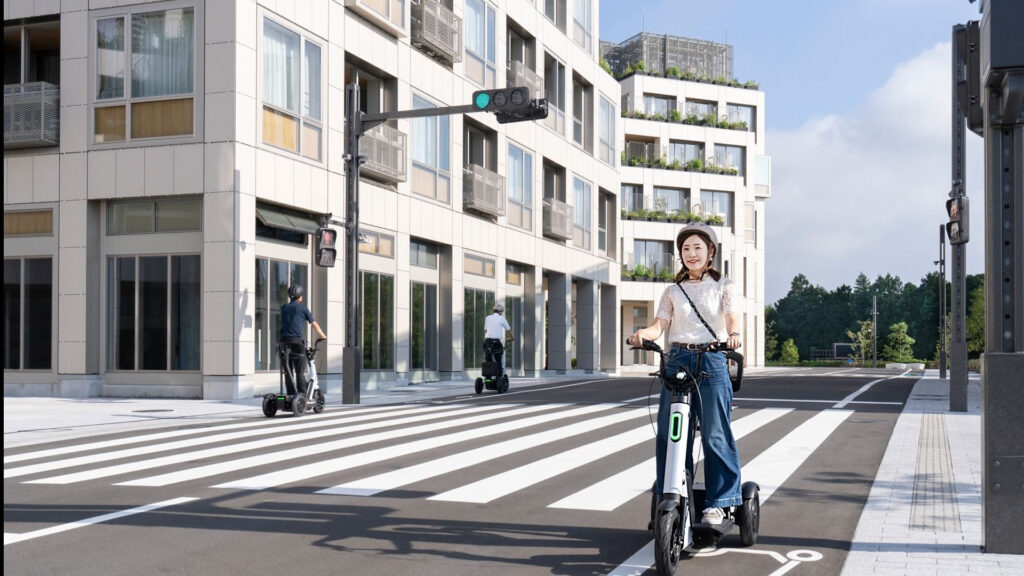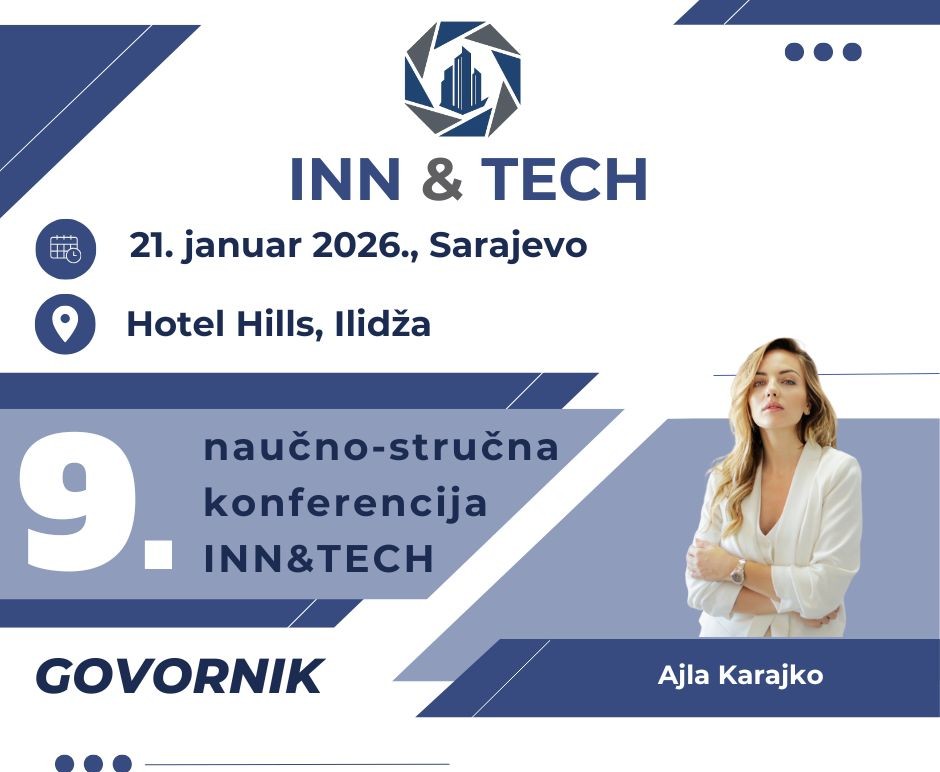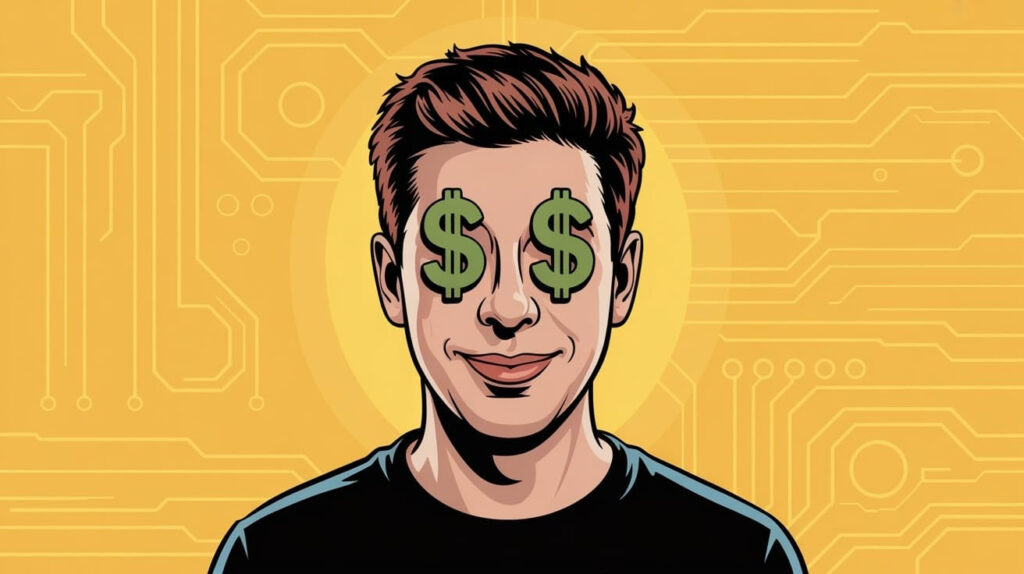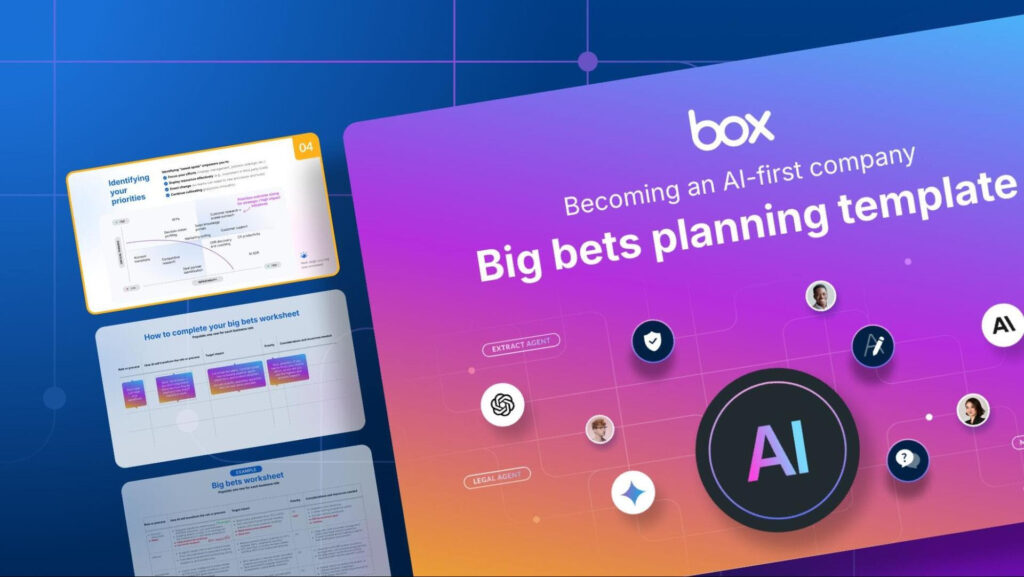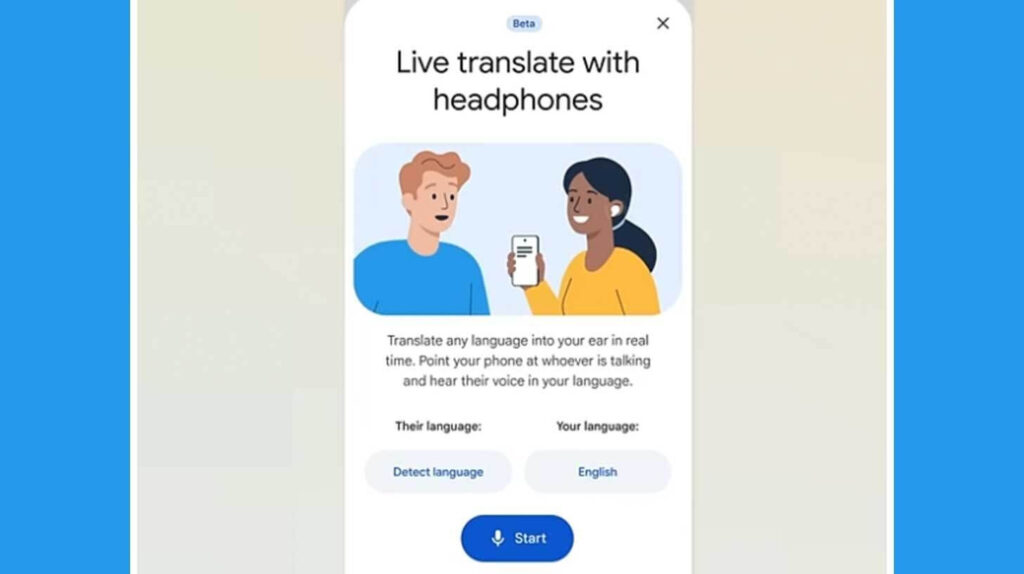Toyota has finally opened the doors of its long-awaited experimental city-laboratory, Woven City, located at the foot of Mount Fuji — five years after the initial announcement. The first 300 residents are now living inside the corporation’s dream of total autonomy.
In this “mobility playground,” Toyota is testing everything: self-driving shuttles, nonstop robotic deliveries, smart homes serving as living laboratories, and AI companions that learn from every human movement. The streets are patrolled by e-Palette autonomous vehicles, small EVs, and personal mobility robots, while inside homes, researchers explore how humans and machines can coexist — including robotic pets studying emotional connections between people and technology.
For Toyota’s president, Akio Toyoda, Woven City represents the company’s transformation from a traditional car manufacturer into a global mobility powerhouse. The plan is ambitious: by 2026, the city will host around 2,000 residents and open to tourists, becoming a fully operational hub of human-technology integration.
Why does it matter? While Tesla fights software battles and Waymo maps every curb, Toyota focuses on how people actually live with autonomous technologies — testing them in real-life conditions, not just simulations or garages. Woven City might be the city of the future, or perhaps the most expensive focus group experiment ever built.
In brief: Tech World Highlights
- China has overtaken the U.S. and the rest of the world in factory automation, installing nearly 300,000 new robots last year and bringing its total to more than 2 million, according to a new report.
- Beijing’s Horizon Robotics raised about $821 million through a secondary share offering in Hong Kong, issuing 639 million shares at HK$9.99 each to fund international expansion.
- NYK Line expanded its partnership with Neptune Robotics to introduce robotic hull cleaning across its global fleet, aiming for major fuel savings and decarbonization of the maritime sector.
- Researchers have developed an AI system that builds on past emotional experiences while learning new ones, making robots more emotionally aware in human interactions.
- Hyundai’s air taxi startup Supernal lost its Chief Strategy Officer, Chief Safety Officer, and Chief of Staff just weeks after pausing the program and losing both its CEO and CTO.
AI Trending Tools:



